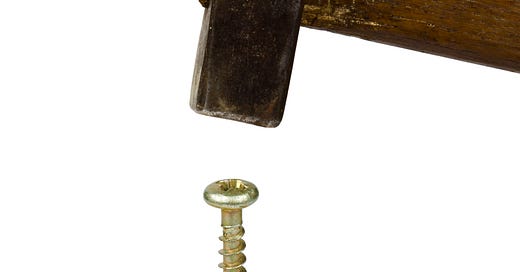Strategic Thinking Bias. Part 1
Are you confident in your strategy? If yes, that's a reason to doubt
Imagine you are hiring a subordinate and are about to conduct a job interview. The CVs lie on your desk. One candidate is experienced, and another one is a rookie. Whom would you hire?
Logic tells us that the experienced applicant is a better choice. But it is not that simple.

Does experience make us wiser?
In the movie The Mule, Earl Stone, Clint Eastwood's character, runs his flower farming business. Once he misses his daughter's wedding so he can receive a lifetime award celebrating his professional accomplishments. And he sees an ad for an online flower store at the ceremony. He snorts dismissively, looking at it – nobody, he believes, will buy flowers on the Internet. Then, twelve years later, his business goes bankrupt. It was squeezed out of the market by e-commerce.
A "Birmingham screwdriver" is an old British saying meaning "a hammer." It is a me…



